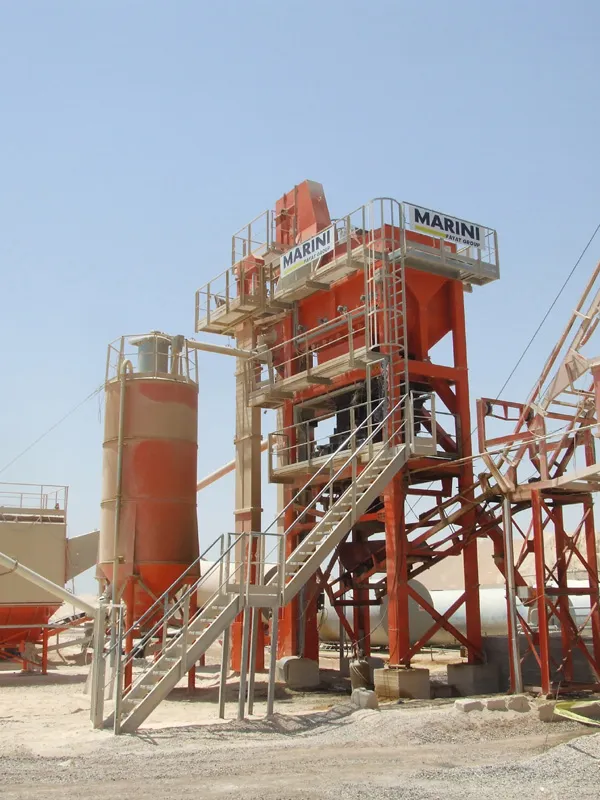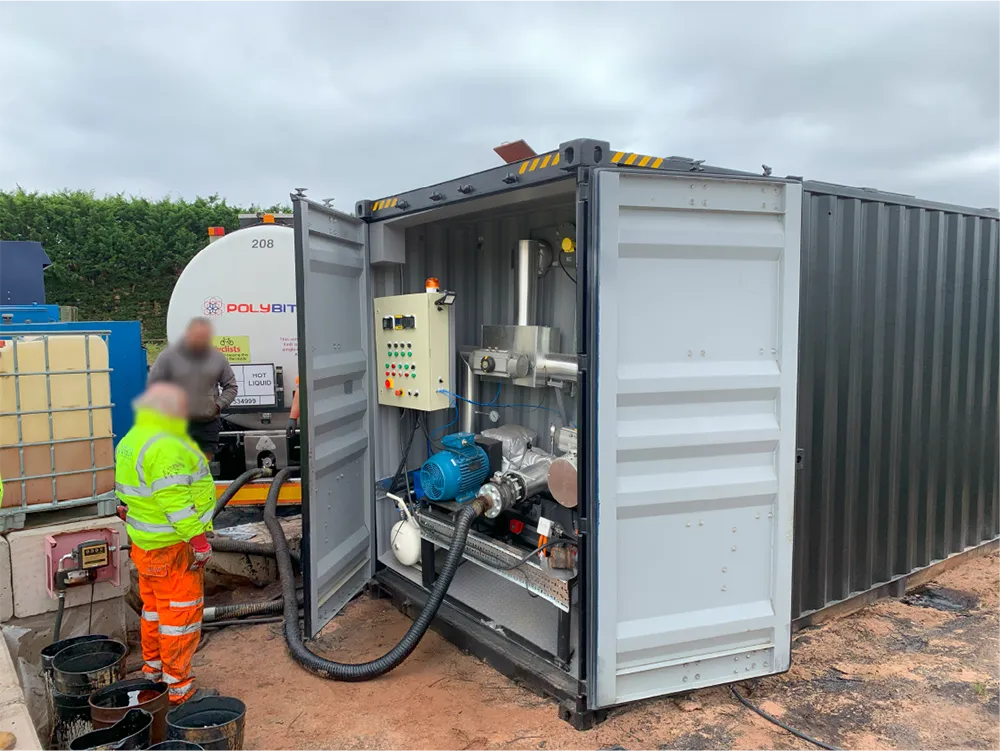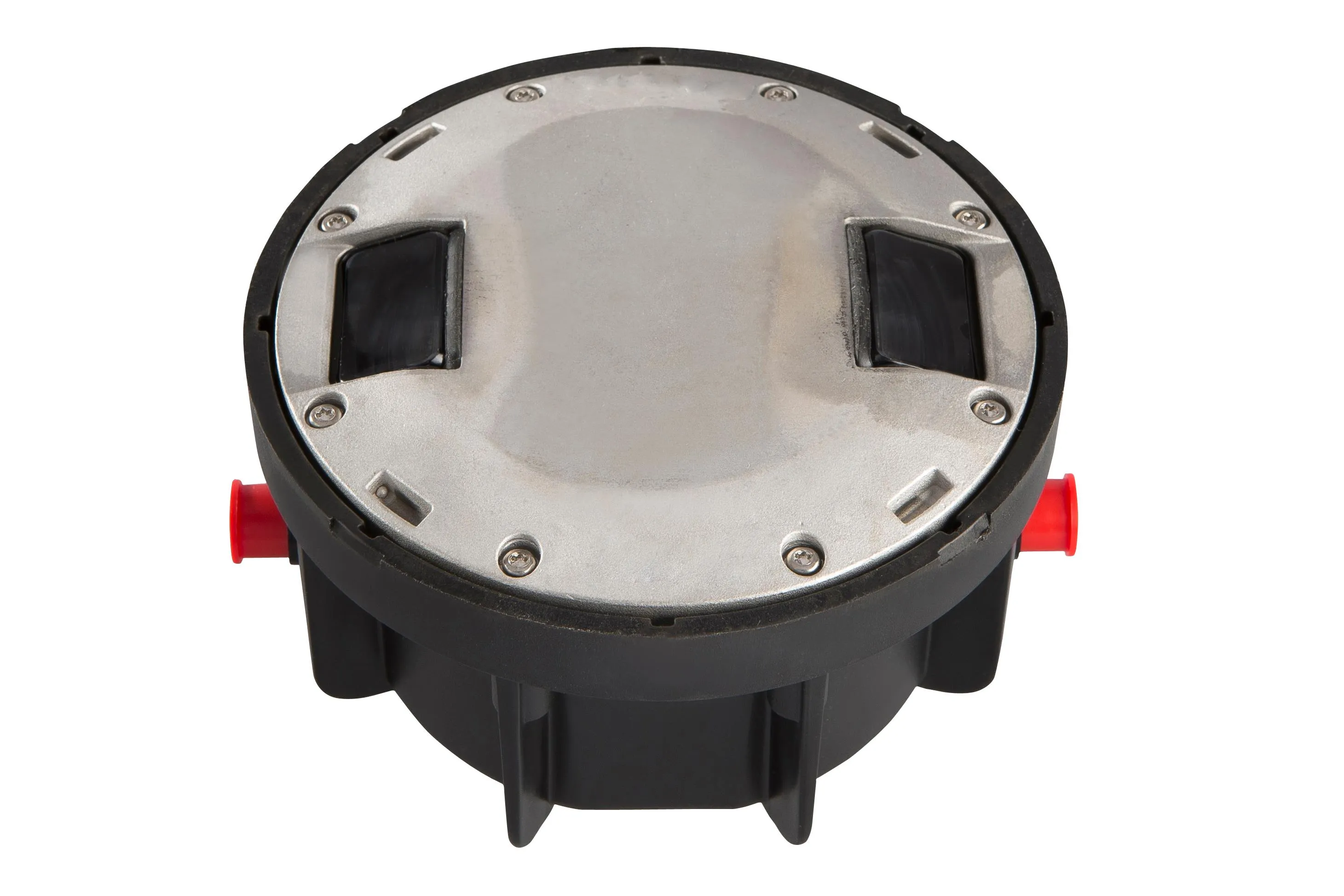Stirling Lloyd is using innovative micro-trenching technology during a £1.1million (US$1.72million) project to improve Internet infrastructure on the Shetland Isles off the north-east Scottish coast. Fibre optic cables were fitted in a micro-trench 20mm wide and 150mm deep following road excavation, before the company’s Safetrack Crack Infill (SCI) system was used to reinstate the road surface for less closure delays.
April 4, 2012
Read time: 2 mins

Fibre optic cables were fitted in a micro-trench 20mm wide and 150mm deep following road excavation, before the company’s Safetrack Crack Infill (SCI) system was used to reinstate the road surface for less closure delays.
Initiated and funded by Shetland Island Councils (SIC's) and the European Regional Development Fund (ERDF), the project saw Stirling Lloyd’s specialist contractor Tulloch Developments cut a micro-trench into the road surface which connects junction boxes at approximately 1km intervals. Once the small fibre optic bundle had been installed, the HAPAS-approved SCI’s free-flowing, flexible resin was used to infill the trench, while supporting it on both sides.
Stirling Lloyd claims the exceptionally high bond strength of the SCI effectively bonds the cut asphalt surface back together and the finished repair is flush with the road surface ensuring no problems with standing water drainage or road ride quality.
The project’s reinstatement element, traditionally the slowest part of any trenching process, was completed at a rate of up to 600m a day. The rapid application of SCI meant the usual major traffic management costs of a highways maintenance project were kept to a minimum.
Part of the 'Digital Shetland Strategy', the works will give fibre optic broadband to 80% of the islands' communities by the end of the first quarter of 2016, transforming communication between the Shetland Islands and the rest of the world and opening up new business opportunities.









